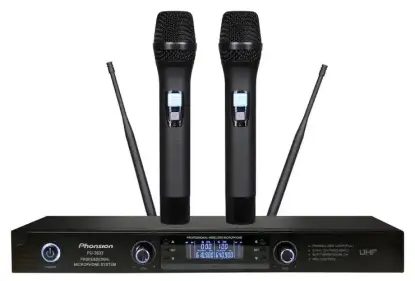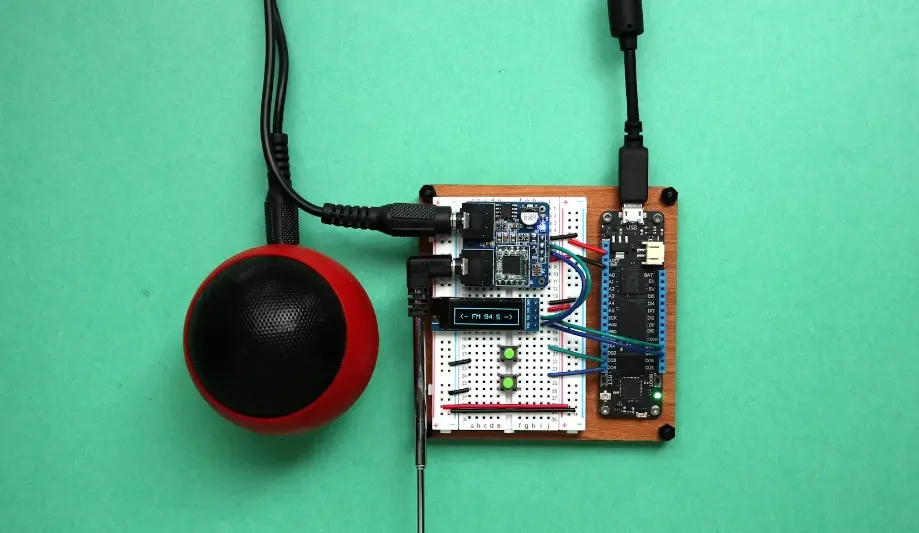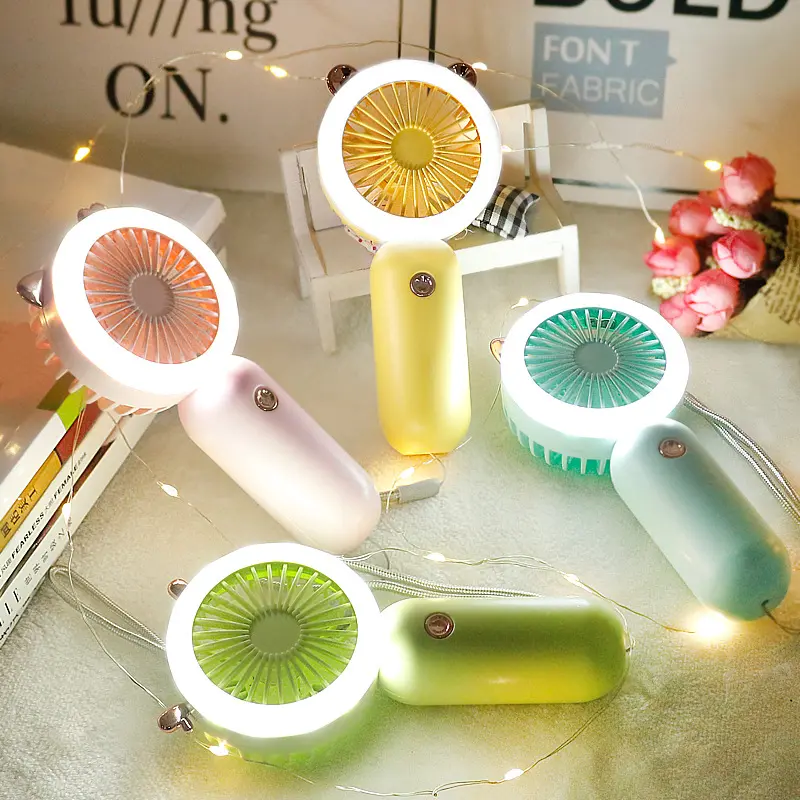
CE Certification for Home Appliances on Amazon
CE certification is a safety certification and a mandatory requirement for home appliances to enter the EU market. Before being placed on the market, home appliances must bear the CE mark to indicate that the product complies with the essential requirements of the EU CE certification (New Approach Directives) and technical harmonization. This is a mandatory requirement under EU law for relevant products.
The JJR Laboratory in China is qualified and capable of testing under the LVD and EMC directives, and can provide CE certification services for small home appliances.
Scope of CE Certification for Home Appliances
The range of products for CE certification includes:
- Vacuum cleaners, electric irons, towel racks, dryers, steam garment steamers, hair clippers, shavers, toasters, ovens, floor cleaners, robotic vacuum cleaners, warming plates, air fryers, soy milk makers, juicers, multifunctional food processors, electric kettles, coffee machines, rice cookers, microwaves, hairdryers, straighteners, sewing machines, chargers, heaters, humidifiers, range hoods, massagers, electric foot baths, electric toothbrushes, water flossers, electric fans, and other daily small household appliances.
EN Testing Standards for CE Certification of Home Appliances
- EN60335: "Safety of Household and Similar Electrical Appliances"
- EN55014-2: "Electromagnetic Compatibility Requirements for Household Appliances, Electric Tools, and Similar Apparatus - Part 2: Immunity"
- EN 61000-3-2: "Electromagnetic Compatibility (EMC) - Limits - Limits for Harmonic Current Emissions (Equipment Input Current ≤16 A per Phase)"
- EN 61000-3-3: "Electromagnetic Compatibility (EMC) - Limits - Limitation of Voltage Changes, Voltage Fluctuations, and Flicker in Public Low-Voltage Supply Systems for Equipment with Rated Current ≤16 A per Phase and Not Subject to Conditional Connection"
Testing Items for CE Certification of Home Appliances
1. Certification Content:
- Review of the product's technical documentation
- Examination of the product's circuit diagram
- Determination of the product's certification model
2. Testing Content:
- CE certification involves various testing items, which are determined based on the specific product and relevant directives. The main testing items include:
- Electromagnetic Compatibility (EMC): Conducted disturbance power, radiated disturbance, terminal disturbance voltage, electrostatic discharge immunity, electromagnetic radiation immunity, conducted immunity, etc.
- Low Voltage Directive (LVD): Harmonic current, voltage fluctuations and flicker, current intensity, transient voltage, etc.
Required Documents for CE Certification of Home Appliances
1. Application form
2. Schematics (Circuit Diagram)
3. PCB Layout
4. List of critical components/CDF and certificates
5. Product manual (including operating temperature and usage altitude)
6. Nameplate
Process for Obtaining CE Certification for Home Appliances
1. Provide product and applicant information.
2. Quote based on the provided information: draft relevant testing standards, testing duration, and testing fees.
3. Applicant confirms the quotation and arranges for the payment.
4. Provide the application form, technical documentation, and test samples.
5. Conduct product testing and complete the report.
6. Complete the project and issue the CE certificate.
Email:hello@jjrlab.com
Write your message here and send it to us
 Wireless Microphone Export Certification
Wireless Microphone Export Certification
 Audio-Visual Products SNI Certification in Indones
Audio-Visual Products SNI Certification in Indones
 FCC-ID: Still Needed if Module is Certified?
FCC-ID: Still Needed if Module is Certified?
 FCC Certification Fees for Handheld Fans
FCC Certification Fees for Handheld Fans
 FCC Certification Testing for Smart Lighting Produ
FCC Certification Testing for Smart Lighting Produ
 What is the ETSI EN 303 645 Testing Standard?
What is the ETSI EN 303 645 Testing Standard?
 UL Compliance and ETL Certification for LED Lighti
UL Compliance and ETL Certification for LED Lighti
 What is the IEC 60598 Standard?
What is the IEC 60598 Standard?
Leave us a message
24-hour online customer service at any time to respond, so that you worry!




